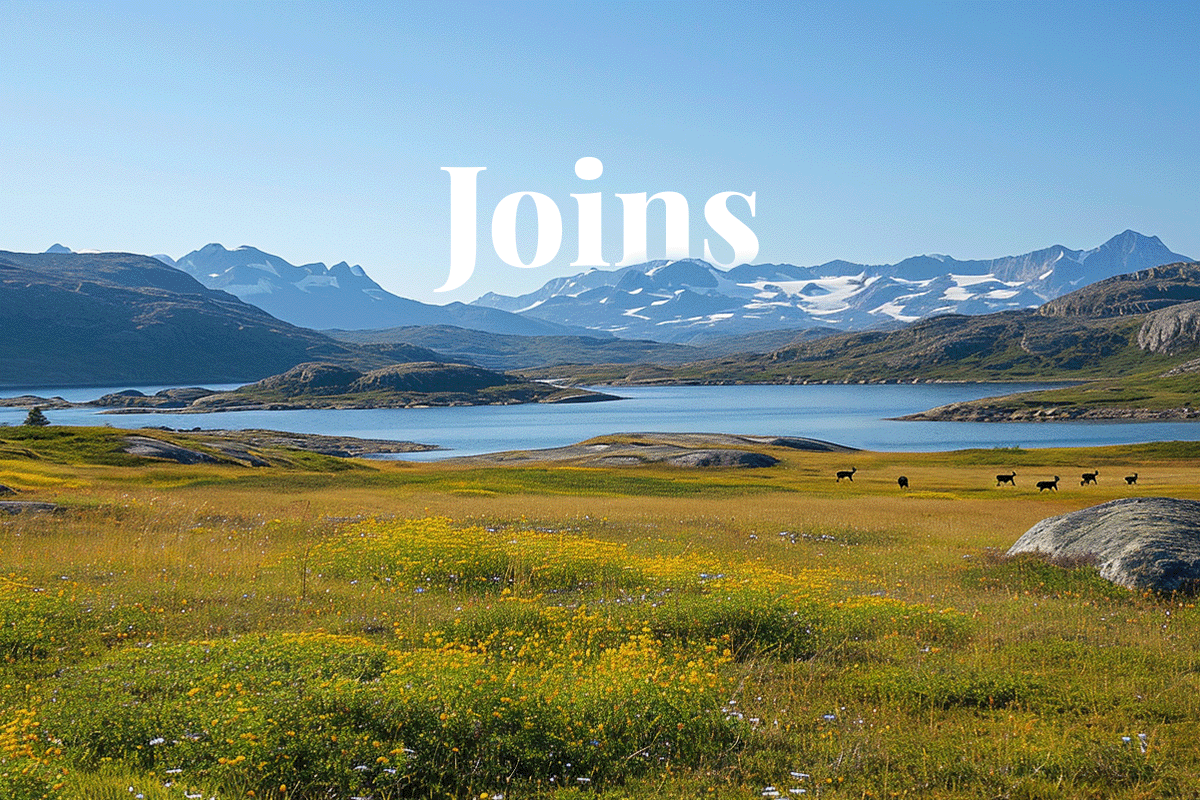In a historic move, Greenland, through its parliament, Inatsisartut, has committed to joining the Paris Agreement. The decision reflects a collective effort to address growing environmental concerns. The international treaty aims to limit the global effect of carbon emissions.
 Greenland's nature landscape. AI generated picture.
Greenland's nature landscape. AI generated picture.
Kalistat Lund, Minister of Energy and Environment, expressed pride in the joint responsibility taken to contribute to nature conservation. The decision has been lauded by the International Chair of the Inuit Circumpolar Council, Sara Olsvig, as a crucial step for Greenland, the Inuit community, and Arctic environmental governance.
Previously, concerns were raised about potential hindrances to business development and independence from Denmark. However, a thorough study demonstrated that Greenland can join the agreement without needing to contribute to Denmark’s burden-sharing, aligning with the territory's development goals.
Read more: The interconnected world of carbon: exploring key carbon market concepts
The parliament emphasised that joining the Paris Agreement can coexist with business development and economic growth. Lund stated, ‘The Self-Government Act shall form the basis for our accession to the agreement. We accede in recognition that we are an indigenous people with the right to self-government. We are responsible for our climate policy, and we accede to the Paris Agreement on these terms.’
Read more: COP28 wrapped up: navigating environmental commitments
Looking ahead, Greenland will formulate a comprehensive national environmental strategy involving citizens, businesses, and civil society. This strategy will outline environmental objectives, guiding the territory towards economic growth through sustainable practices.
The government aims to submit nationally determined contributions (NDC) to the UN Framework Convention on Climate Change by 2030. Certain industries may receive exemptions from specific objectives, fostering a balanced approach to economic development.
In a related initiative, Greenland ceased oil exploration in 2021, redirecting focus to harnessing hydropower potential. With these strategic moves, Greenland positions itself as a proactive contributor to global nature-positive efforts.
Embarking on a journey towards meaningful environmental endeavours can only be done through collaboration. DGB Group presents abundant opportunities to initiate meaningful change in the pursuit of achieving net-zero emissions and fostering a sustainable future, underscoring the growing importance of nature-based solutions. These solutions prove to be powerful instruments in the conservation of nature, providing a strategic blueprint for the rejuvenation of forests and the overall wellbeing of our planet. Embracing this collective responsibility becomes a key driver for a greener and more sustainable world.
Take the first step towards a positive impact on nature



